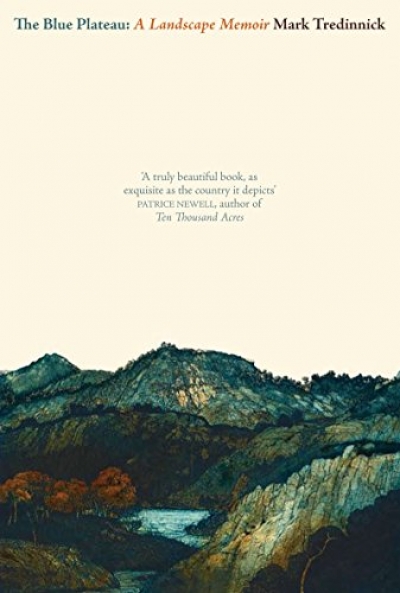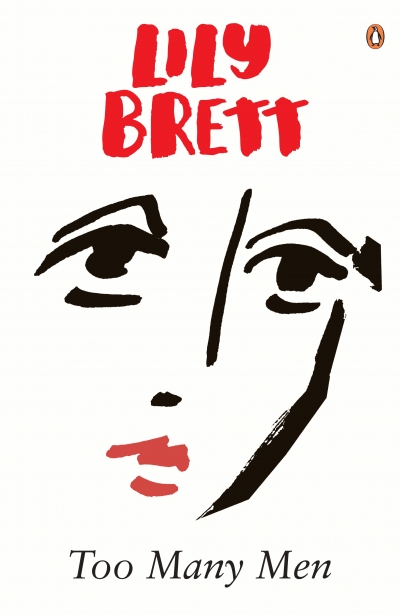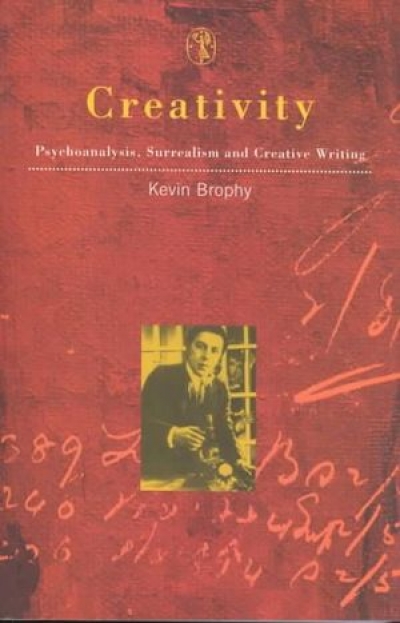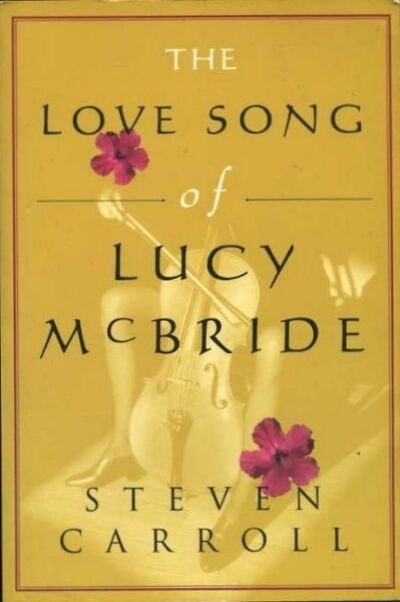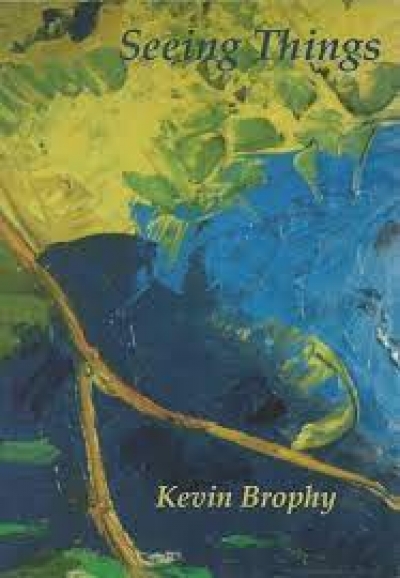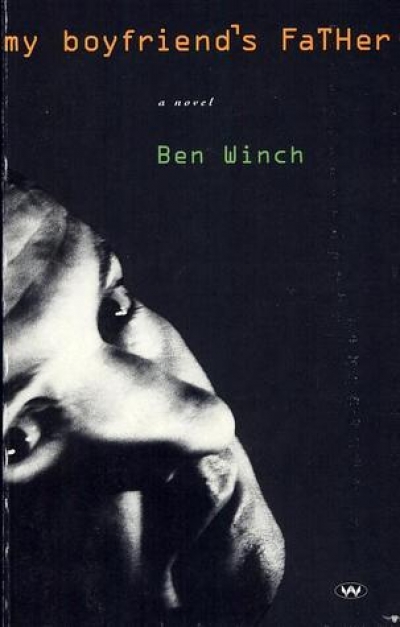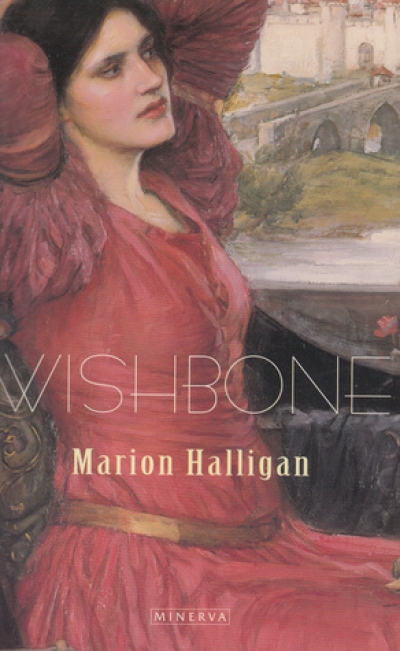Kevin Brophy
‘Urgent things to say’ in the Calibre Prize
The competition was keen, the field unprecedentedly large (almost 200 entries), but after main readings and much discussion Kevin Brophy’s and Jane Goodall’s essays struck the judges of this year’s Calibre Prize for an Outstanding Essay (Gay Bilson, Peter Rose and Rebecca Starford) as being in a class of their own. It was impossible to split them. Both writers share the third Calibre Prize for an Outstanding Essay, and each will receive $5000.
That’s all they have in common, though. It would be difficult to find two more dissimilar essays, a measure of Calibre’s versatility and the diversity of the writers who are drawn to it. Jane Goodall’s theme, like her succinct title (‘Footprints’), has a kind of suaveness and urgency as she explores ideas about ecology and personal responsibility with reference to Kate Grenville, Mrs Aeneas Gunn, Nevil Shute and a sublime short story by Leo Tolstoy.
Kevin Brophy’s fruity title (‘“What’re yer lookin’ at yer fuckin’ dog?”: Violence and Fear in Žižek’s Post-political Neighbourhood’) introduces an amazing tale of domestic mayhem and incivility in present-day inner Melbourne. Kevin Brophy’s tormentors may have been the neighbours from hell, but what a tale it is. To make sense of this five-year drama, Kevin Brophy draws on the Slovenian philosopher Slavoj Žižek and his theory that violence – ubiquitous violence, as he sees it – is the very basis of late capitalist ‘post-political’ life.
... (read more)I have left its windows open
so you might as well climb inside
where you can be safe for now from weather,
and though you’re already feeling intrusive
think of yourself as a museum visitor
to a reconstruction of a life now silenced.
The bed, I know, has not been made
but the silver cutlery on the formal dining table is meticulous.
You will not be roped out of any room
and you can be confident
the writer left before you and your party arrived.
The place is left as realistic as anything you might write yourself.
Dirty clothes (for instance) are piled into a predictable straw basket,
their odour not quite animal or human, ... (read more)
Kevin Brophy reviews 'City and Stranger' by Aileen Kelly, 'In Your Absence: Poems 1994–2002' by Stephen McInerney, and 'Flying Blind' by Deborah Westbury
‘Some meteorites make it to the surface simply because they’re so small that they literally float to the ground. There are thousands of these interplanetary particles in the room you’re in now, stuck to your clothes, in your hair, everywhere.’ This startling piece of information introduces Aileen Kelly’s ‘Notes from the Planet’s Edge’ in her new book, City and Stranger (Five Islands Press, $16.95 pb, 88pp), whose cover features Russell Drysdale’s iconic image of Woman in a Landscape. This bushwoman, then, is stuck with interplanetary particles or, as Kelly puts it, ‘the invisible sift of space’. Drysdale’s woman is transformed from the Australian legend in the dirt-coloured smock, wearing those oddly impractical white shoes, into a figure framed by an immense and moving universe. We look for this in poetry – the breaking of frames, the pleasure of surprise and discovery, and the contest between language and experience.
... (read more)
